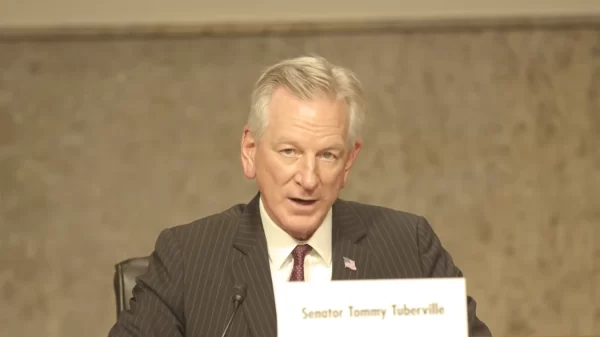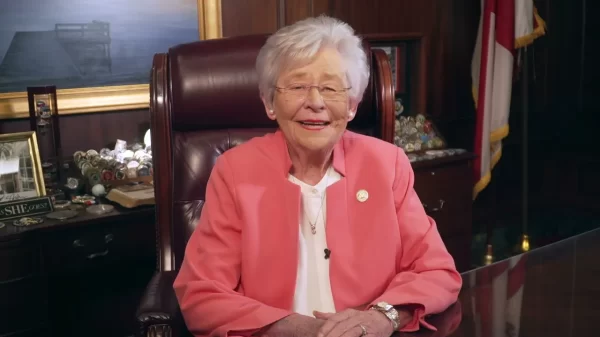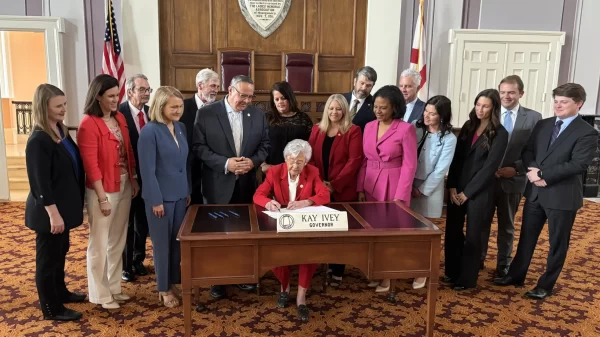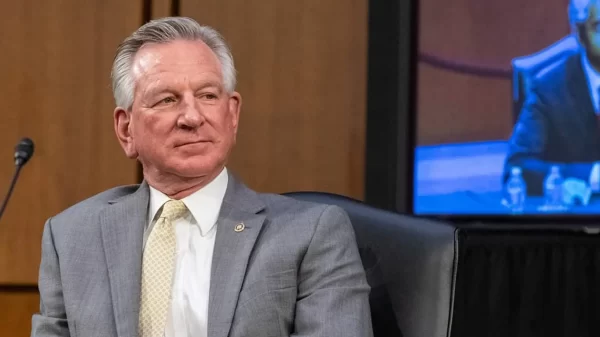By Brandon Moseley
Alabama Political Reporter
On Tuesday, January 6, the new Congress met for the first time. New Congressman Gary Palmer (R-Hoover) was sworn in, as well as a new Republican Majority in the US Senate. The Republican Party controls both Houses of the US Congress for the first time since 2006.
Congressman Mo Brooks (R-Huntsville) wrote on Facebook, “Today marks the beginning of the 114th Congress and the opportunity to work with a new Senate majority. I’m eager to welcome the newly elected members of Congress to Washington and work together to address the people’s priorities. This week the House will vote to approve the Keystone XL pipeline, thereby boosting the American economy by creating thousands of jobs. In addition, we will consider legislation to restore the 40-hour work week under threat from Obama Care and make it easier for veterans to find good-paying, high-quality jobs.”
As a result of the 2014 election, Kentucky Senator Mitch McConnell (R) replaces Nevada Senator Harry Reid as Senate Majority Leader. Over 300 bills were passed by the Republican House of Representatives during the last Congress that were never considered on the floor of the Senate because Harry Reid would not allow them on the floor. Similarly, the Republican controlled House refused to consider a bipartisan immigration reform bill that passed the Senate. House Republicans hope that Senate Republicans will be easier for them to work with.
This is the most diverse Congress in American history.
Many Tea Party Conservatives dissatisfied with the GOP’s sometimes muddled opposition to the Obama administration urged conservatives to challenge keeping Representative John Boehner (R-Ohio) as the Speaker of the House.
Before the vote, Freedom Works Grassroots Director Noah Wall wrote, “In less than an hour congressional Republicans will vote for the next Speaker of the House. They can choose a principled conservative like Louie Gohmert or Ted Yoho, or, they can vote for another two years of John Boehner.”
The candidates for Speaker included: Theodore “Ted” Yoho (R-Florida), Daniel Webster (R-Florida), Louie Gohmert (R-Texas), and of course current Speaker John Boehner as well as Democrat Minority Leader Nancy Pelosi (D-California). All it takes is a simple majority of the members voting to elect a Speaker. A present vote does not count.
A number of Democrats were attending the funeral of former New York Governor Mario Coumo (D) which lowered the bar that Speaker Boehner needed for reelection. If no one has a majority the House continues to vote until someone is elected Speaker.
Speaker John Boehner was re-elected Speaker in a rare formal roll call vote on the first ballot with 216 of the 408 votes cast. Over 20 Republicans voted against Boehner. US Senator Jeff Sessions (R-Alabama) even received one protest vote from new Congressman Gary Palmer (R-Hoover). Under House rules you don’t actually have to be a member of the House of Representatives to be elected Speaker of the House.
With it being virtually impossible for the Administration of Barack Hussein Obama to advance a liberal agenda through the Congress, the Obama administration is reportedly planning on passing new regulations using its Executive powers including: new overtime rules that will greatly expand, new food safety rules, and new carbon emissions regulations.
Congressman Bradley Byrne in a recent column (R-Mobile) promised to, “Make it a priority to stand up against President Obama’s continued Executive action on everything ranging from immigration to Cuba. We must restore the balance of power in Washington and send a clear message that the President must abandon his “my way or the highway” strategy and instead work with Republicans in Congress. One thing we know for sure: There will be a major debate early this year on President Obama’s attempt to provide amnesty to thousands of illegal immigrants. I look forward to that debate.”
Republicans believe that they have a mandate from the American people for a change in direction in how the Nation is governed. One of the first issues that the new Congress will vote on is approval of the Keystone Pipeline. The Pipeline is wildly popular with the American people and has bipartisan support in the Senate; but is vigorously opposed by environmentalists who are a key constituency of the modern Democratic Party. Presidential Spokesman Josh Earnest said on Tuesday that the President intends to veto that legislation if it passes out of Congress.





















































